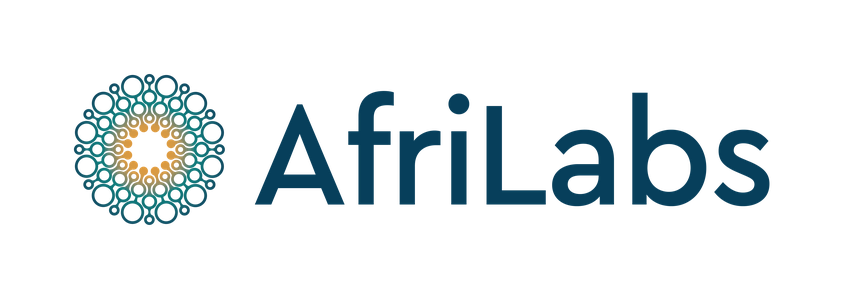by Taiye Salami, Project Officer, and Stephanie Titcombe, Project Associate at AfriLabs
In the third quarter of 2021, the German Federal Ministry for Economic Cooperation and Development (BMZ)’s vision to support the mandate of The African Union (AU) via its commission (the African Union Commission), through the GIZ DataCipation project, materialized into what is now the AU Digital and Innovation Fellowship Program.
The aim of the program is to identify and deploy highly competent technology innovators from the African continent to units and organs within the African Union headquarters as resident fellows. The mandate of the fellows is to understand the system within their assigned units, identify data and process management challenges and lead the development and the deployment of sustainable and innovative technology solutions.
AfriLabs as the implementing partner designed and managed the project’s implementation which includes but is not limited to the identification and deployment of the fellows to their respective units in Addis Ababa, Banjul, and Accra in Ethiopia, The Gambia and Ghana respectively. After a few months of doing this, we have a couple of insights to report on our experience so far.
Here are some of the important lessons we have learnt so far:
Get stakeholder buy-in fast
The level of success the program has recorded so far can be traced to the support the fellows have received from the African Union Commission and GIZ DataCipation Teams to ensure that they hit the ground running immediately after resumption.
The experience has confirmed what we already factored into our design; that the buy-in of all relevant stakeholders from top-to-bottom is critical to the performance and the success of the fellows in an institution like the African Union Commission.
The abundance of talents on the continent
One of the key objectives of this program is to source for and identify the best talents that the continent has to offer. It took us several months to do that but based on the profile and quality of applications received, we can state for a fact that there is an abundance of young talents in Africa.
Be iterative but ensure to accommodate for existing systems and processes
We discovered very quickly that we had to find a balance between what we are used to (which is to understand the challenges, context and the affected, co-design a solution with all relevant stakeholders, then commence implementation and monitor from start to finish) and what it takes to effectively function and deliver at the African Union Commission. There are reasons why the existing systems and processes are in place and to better innovate in such an environment, a thorough understanding of the status quo especially during implementation is required. This lesson prompted the training and encouragement of the fellows to not just be agile but to also respect and leverage existing systems and processes.
Leverage an inclusive approach
Africa is a continent of diverse countries, cultures and languages but we have one common interest; the growth, development, independence, and sustainability of the continent.
To ensure the inclusion of eligible young data and technology enthusiasts across Africa, we designed and implemented a non–barrier application and review process that factored in gender, geographical location, and language were critical parts of the review and selection process.
The review and selection process also leveraged three of the most widespread African Union languages: Arabic, English and French, which resulted in over 700 applications from across the continent, and a merit-based selection process in assessing the applicants. This approach ensured that none of the applicants from across the region suffered discrimination based on gender, religion, or political affiliations. The entire process produced an equal spread of male and female fellows for the program.
We expect to learn more in the coming weeks on how to plan and execute an impactful pan-African programme, so stay with us as we keep you updated on the activities of the pilot edition of the fellowship.
